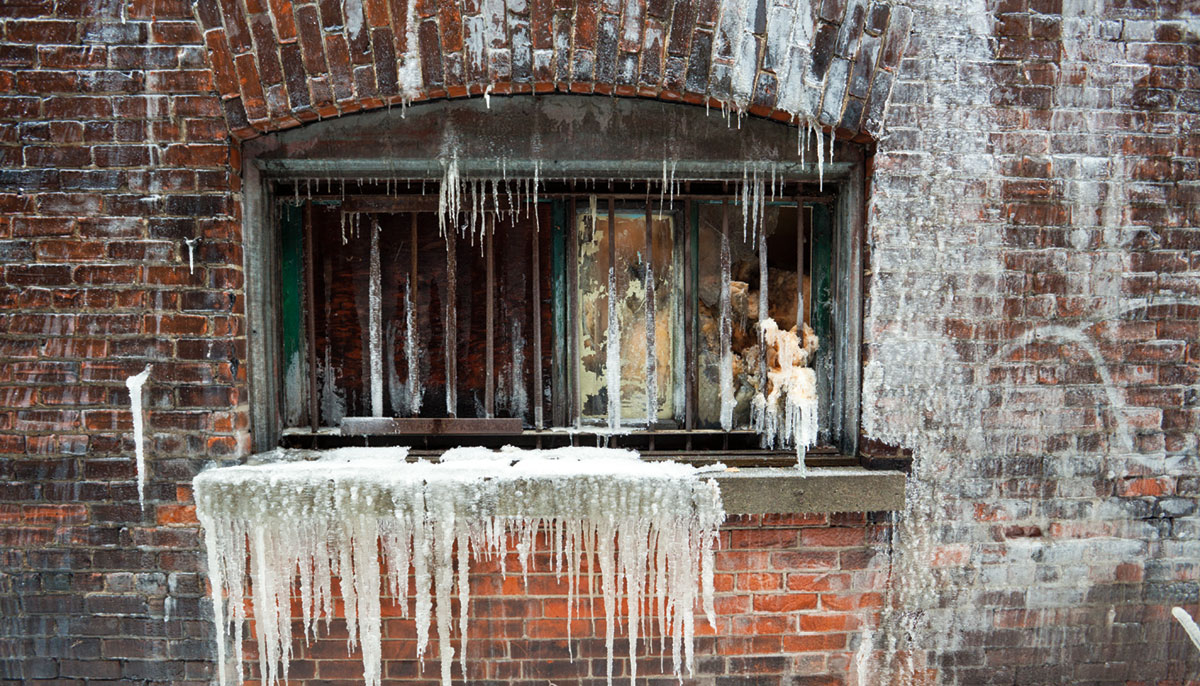One winter night, almost a decade ago, I sat on a city bus full of passengers. But we weren’t going anywhere. This bus had been sent by the fire department to keep us warm.
Outside the bus window, our world was falling apart—our apartment building was on fire. Many of my fellow passengers were sobbing into cell phones. Others, sitting close together, were crying in each other’s arms. I watched the fire with cold hands shoved in my pockets—somewhere in apartment 107, my winter gloves were burning. Each window of the building was a cataract of orange flames chasing black smoke into the sky, and the cloud this smoke created overhead was flashing blue and red with the lights of the fire trucks.
You have to let people help you now. Do this for them.
In the morning, coffee and donuts were served in the basement of a nearby church by volunteers with pained looks of sympathy on their faces. My neighbors and I sat at round, white tables with Styrofoam cups before us, teeth marks on many of their rims. Taking turns, we spoke with a Red Cross representative. She was a kind woman who gave me this advice: “You have to let people help you now. Do this for them.”
Her words seemed profound to me. With other victims of the fire, I rummaged through the church’s clothing closet that served as a resource for the area’s homeless population, looking for things to wear.
Walking outside, a few of us stood at a distance watching the fight against the fire wind down. The water from the firefighters’ hoses had encased trees, trash cans, and a row of vehicles in ice. I felt like I was floating, and my feet would not touch ground for months to come.
This freak electrical fire taught me a vital but difficult lesson: worlds fall apart. It’s really what our fragile worlds do better than almost anything else. Something as seemingly permanent as a big brick building is impermanent.
At the time, I was not very familiar with Buddhist teachings, which is unfortunate. This issue, which is about what to do when our world falls apart, would have helped me. I would’ve recognized the “groundlessness” that Pema Chödrön describes, and the “shock, withdrawal, and numbness” that Arisika Razak details.
But perhaps, as Cecilia Mitra and Bonnie Nadzam write, I would have seen the grief and rage I felt in the weeks and months following the fire as a unique opportunity, and I could have healed by implementing the practices on these pages. I might have become familiar with the part of myself that is naturally caring, as Mingyur Rinpoche outlines, or cultivated a shikantaza practice, as taught by Roshi Pat Enkyo O’Hara, to relax the sense of suffering I was feeling.
This has been a time when many have seen their world fall apart. Illness and death as well as racial violence and the loss of jobs and relationships have touched most lives during this pandemic. If you are floating from the shock of such a difficult year, may the wisdom in this issue help you get your feet back on the ground.

